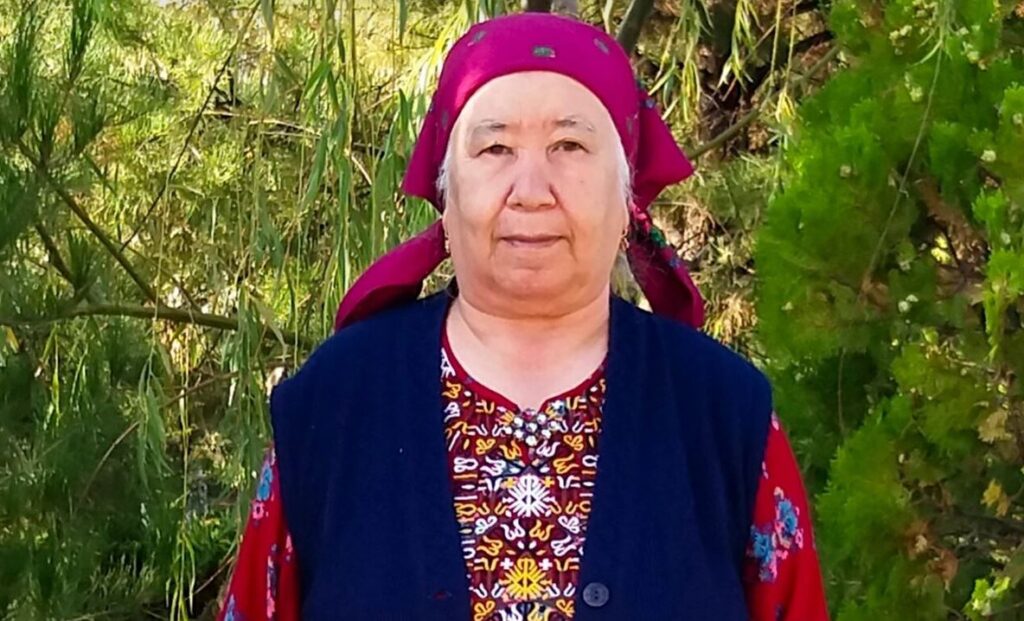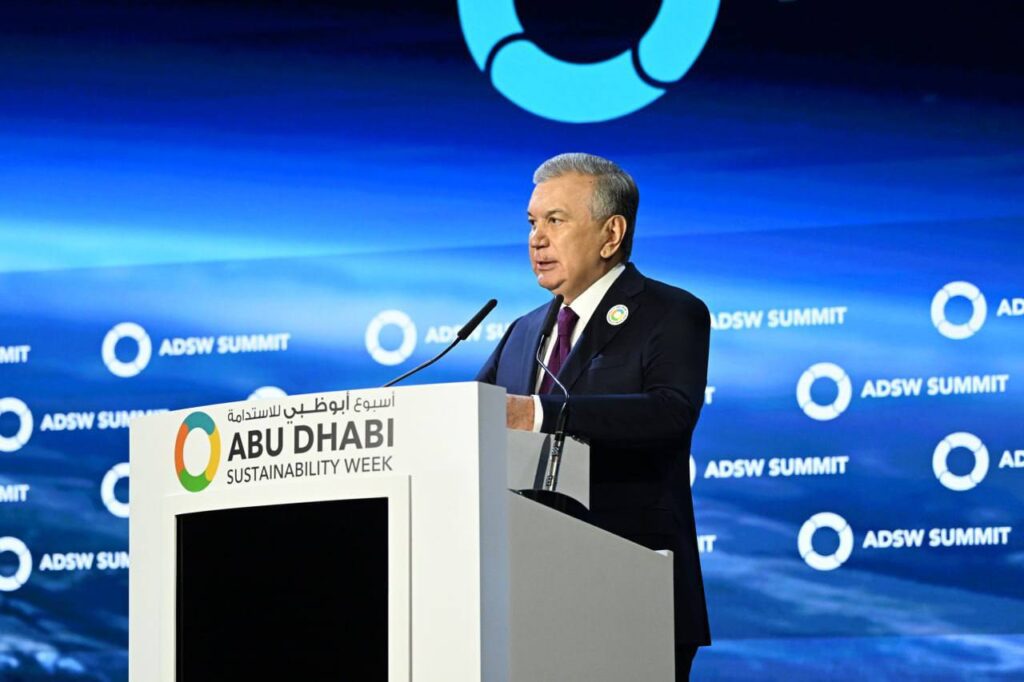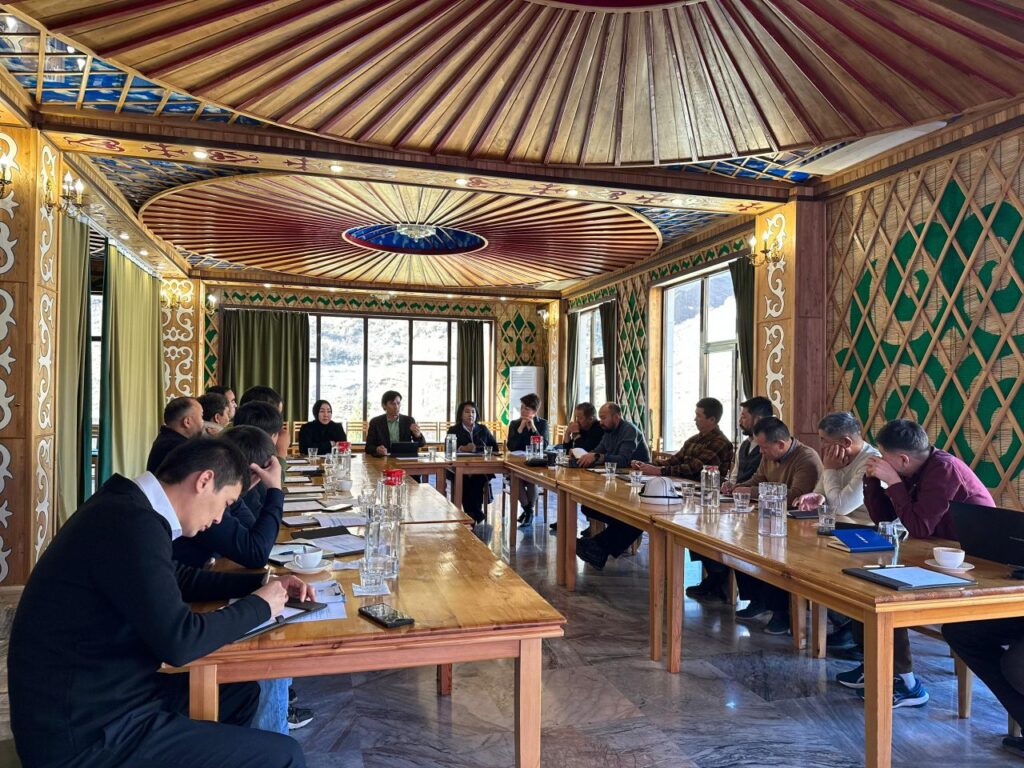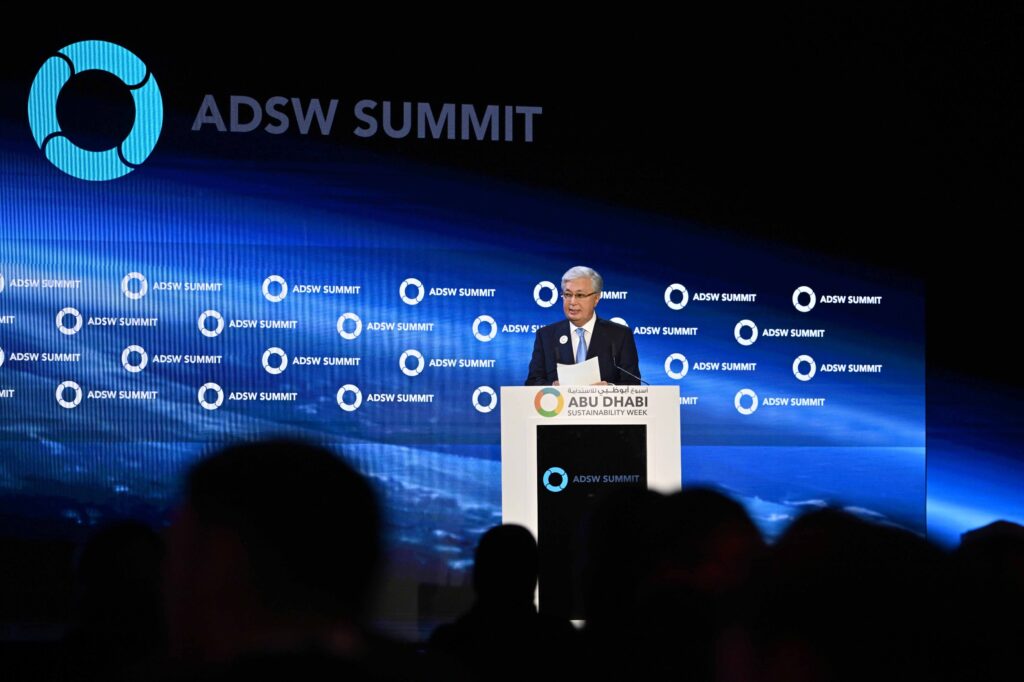BISHKEK (TCA) — The fourth meeting of the Russian-Kyrgyz Development Fund (RKDF) Council held in Moscow last month decided to soften the Fund’s lending terms. The decision is extremely important for further development of Kyrgyzstan’s economy during the next decade, RKDF Board Chairperson Nursulu Akhmetova said this week in Bishkek.
The RKDF Board, based in Bishkek, initiated changes aimed at creating more favorable lending conditions in line with proposals from the Kyrgyz business community. According to Akhmetova, the new lending conditions greatly facilitate entrepreneurs’ access to the Fund’s money and expand the range of projects aimed at modernization and renewal of fixed assets in priority sectors of the Kyrgyz economy. “The process of lobbying this decision was difficult and took a lot of time, but we have succeeded,” she added.
From now on, the Fund will lend business projects with costs starting from $1.5 million instead of the previous $3 million in case of direct financing, and provide grant credits in the amount not less than $1 million.
The RKDF Council also approved the proposal to lower the share of applicants’ own contribution to projects from 20% down to 15% of the total project cost.
According to RKDF Board member Bakyt Kurmanbekov, the lower threshold will greatly facilitate obtaining of loans for many entrepreneurs.
Another positive decision was the approval of the refinancing component, which shall not exceed 30% of a loan amount, while the share of loans with the refinancing component shall not exceed 30% of the total loan portfolio of the Fund.
Almost all of the existing production facilities are operating or were created using debt financing in Kyrgyzstan. Currently, the financial system of the country cannot meet the needs of enterprises for long-term financing due to limited financial resources and excessive collateral requirements.
The RKDF Council approved the proposal of the Board to increase business loan terms up to 15 years, depending on industry. Loan terms have been increased to 15 years for major infrastructure projects and up to 10 years for industrial production and agriculture projects (gardening, land recovery and others).
Following Fund representatives’ visits to Kyrgyzstan’s regions, it became clear that the initially adopted lending conditions of the Fund do not allow many industries to develop. Besides, specifics of various sectors of the economy were not taken into account. So it was decided to lower the minimum value of loans and extend loan terms, RKDF Board member Bakyt Kurmanbekov said at a press conference in Bishkek.
Although the Fund has softened lending conditions, the procedure of consideration of loans remains as strict as before. The Fund will strictly control the use of funds to reduce the risk of their non-return, he stressed.
The RKDF has so far financed 120 business projects through three local banks — state-owned RSK Bank and Aiyl Bank and commercial bank KICB. Eight other applicants have received direct RKDF lending. The Fund has fully financed one project approved last year and has approved projects worth $33.5 million.
During the first seven months of its operation, the Fund has financed projects worth $43 million. On February 26, the Fund decided to provide its two state-owned partner banks with an additional 700 million soms for SMEs financing.
The Fund’s money will be enough for two years of its operation, Akhmetova said. Repayment of loans will start in a year, and the Fund will use its income to allocate new loans. The RKDF is now considering 21 projects worth $142 million.
Of $350 million of the RKDF authorized capital, $265 million is kept in a Russian state-owned bank, said Akhmetova. The Kyrgyz side suggested keeping this money in Kyrgyzstan, and the proposal is being considered by the Russian side.









